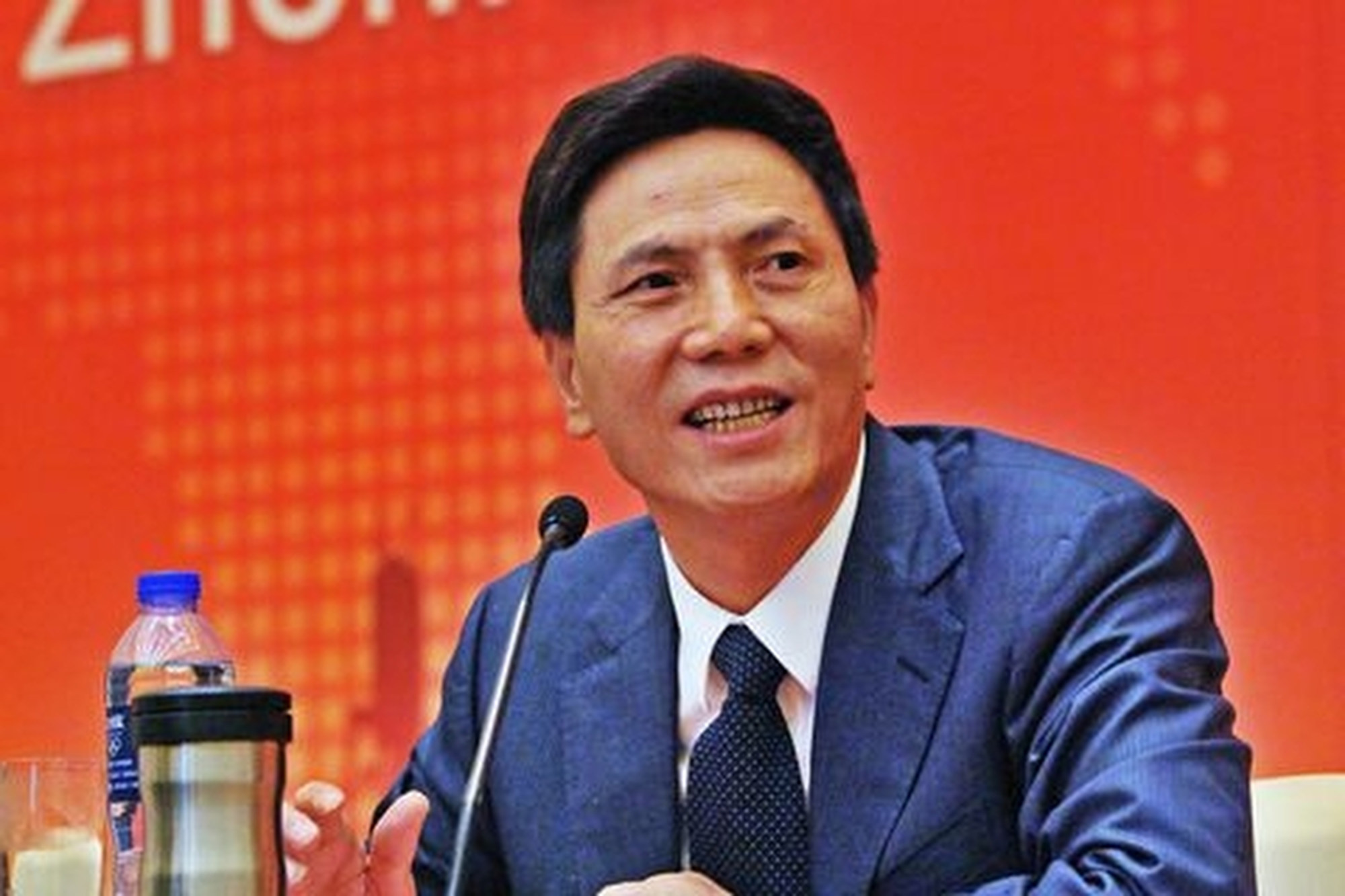
China’s ‘Two Sessions’ 2022: which moguls are in the hot seat over their real estate debts?
- Six of the 13 property chairmen attending the meetings will be representing developers that have either officially defaulted or asked creditors for more time
- They are likely to face some tough questions about their plans to repay the debts they owe to banks, suppliers, contractors and bond holders
Their proposed solutions to avoid further cracks appearing in China’s housing market are likely to be major focal points of the meetings.
Here are some of the embattled property moguls who will be under the spotlight in Beijing during the two sessions.
-
Hui Ka-yan, China Evergrande Group, CPPCC delegate of the Economics section
Evergrande, chaired and founded by Hui Ka-yan in 1996, officially defaulted on its US dollar payment in December after it had struggled to pay suppliers, high-yield wealth management product investors and banks since the summer.

The debt-ridden developer, the second biggest in China by sales last year, has vowed to build 600,000 homes in 2022 and to fully restore operations.
Yet, Hui, once the wealthiest man in China, is far from being out of the woods. His property empire still faces an eye-watering US$300 billion of liabilities, including some US$2 billion in offshore bond payments due in March and US$1.045 billion in April.
Value Partners sees bargains amid US$51 billion of Evergrande-led defaults
2. Hui Wing-mau, Shimao Group Holdings, CPPCC delegate of specially invited individuals from Hong Kong

However, facing around 22 billion yuan of capital market maturities this year, the company has been downgraded by both Moody’s and Fitch to “extremely speculative” range recently.
3. Ou Zongrong, Zhenro Group, CPPCC delegate of the All-China Federation of Industry and Commerce
The Shanghai-based developer also planned to amend covenants on eight other bonds with a combined face value of US$2.34 billion.

In an investors’ call last week, top management asked debtholders to give the company more time as it engaged state-owned enterprises in talks over asset sales as it tried to raise 4 billion yuan of cash.
However, chairman Ou did not show up during the call and it is still uncertain whether the developer can successfully extend the deadline on its debts due soon.
4. Lin Tengjiao, Fujian Yango Group, NPC delegate of Fujian province
However, its Shenzhen-listed subsidiary failed to pay US$27.3 million of coupon on two US dollar bonds due January 15 after a 30-day grace period. Yango cited temporary cash issues as the reason for the default.
5. Zhang Li, Guangzhou R&F Properties, CPPCC delegate of the Economics division
R&F, co-founded by Zhang in 1994, proposed in December to extend the maturity of its US$725 million of debt by six months, with most bondholders agreeing to the plan.
Even after the exchange plan, the developer still faces a 17.6 billion yuan bond due this year.
6. Lam Lung-on, Yuzhou Group, NPC delegate of Hong Kong SAR
The Shenzhen-based developer received the greenlight from its bondholders in March.
However, it still has more than 9 billion yuan worth of offshore and onshore capital-market debt due in the next nine months.

